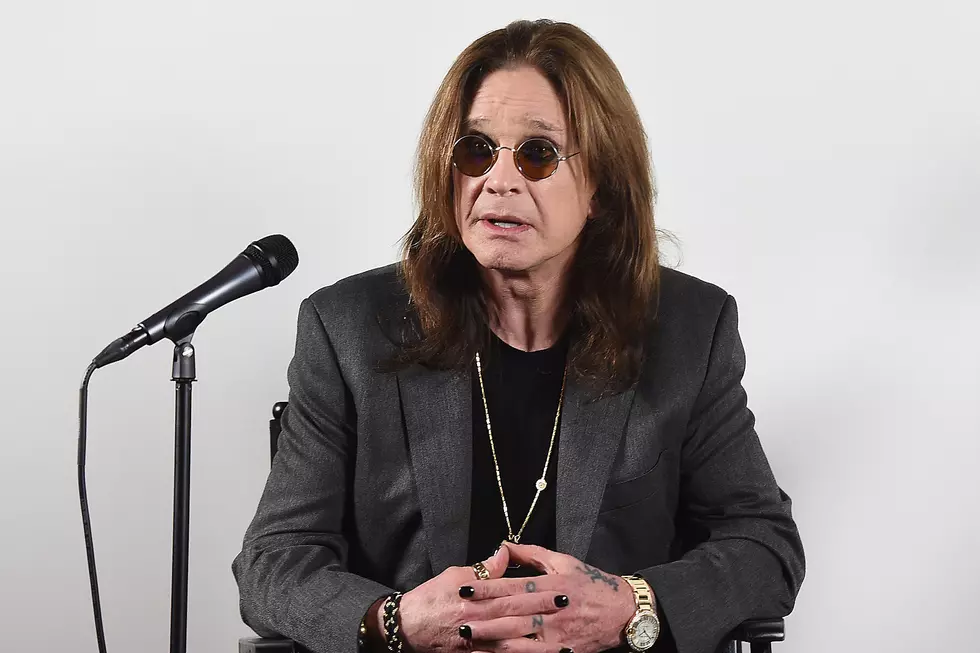
How Ozzy Osbourne Got Blamed for a Fan Suicide
Can a song push someone to do something as irrevocable as committing suicide? In the '80s, that question was settled in the courts — repeatedly.
By the middle of the decade, Judas Priest were forced to defend their music against allegations of subliminal messages after a pair of fans attempted suicide, and Ozzy Osbourne faced a lawsuit after one of his fans shot and killed himself while listening to the Osbourne song, "Suicide Solution." Tragically, that wouldn't be the last time a suicide would send Ozzy to court.
On May 3, 1986, 16-year-old Michael Jeffery Waller ended his life, reportedly interrupting a house party by asking his friends to watch him write a suicide note before shooting the refrigerator and then himself. According to police and family members, Waller listened to Osbourne's Blizzard of Oz LP on his way to the party — and as Waller's father later told reporters, he believed Osbourne's music pushed his son over the edge in the weeks after he ended up in court for a DUI charge.
"What he said to me was, he said, 'Pop, I believe old Oz has the solution,'" he was quoted as saying. "But it wasn't until after the shooting, until I found the cassette in his tape deck, that I understood what the young 'un was talking about."
As later outlined in legal filings for the case Waller v. Osbourne, the Wallers took Osbourne to court in 1990, filing suit alongside the surviving family members of yet another teen – 17-year-old Harold Mathew Hamilton – who killed himself on March 20, 1988. Ozzy faced up to $18 million in damages.
"I think what you have here is parents who are grieving and feeling somewhat guilty at the turn of events that their sons' lives took," said Osbourne's attorney, Howard Weitzman. "You couple that with lawyers who are telling them that Ozzy Osbourne is a deep-pocket target and then you end up with a lawsuit like this."
Osbourne himself was even more blunt when asked about the accusations. "I'm bored to death myself with it all," he told the Los Angeles Times. "If I hear about one more case, I'm going to join them."
The proceedings kept Osbourne's lawyers churning out billable hours for years, but it was all ultimately cleared up: In 1988, the first of the three suits was dismissed on First Amendment grounds and, in 1992, the Supreme Court closed out the others for the same reason. As one judge sarcastically put it, "Trash can be given First Amendment protection, too."
The Top 100 Rock Albums of the '80s
More From Ultimate Classic Rock









